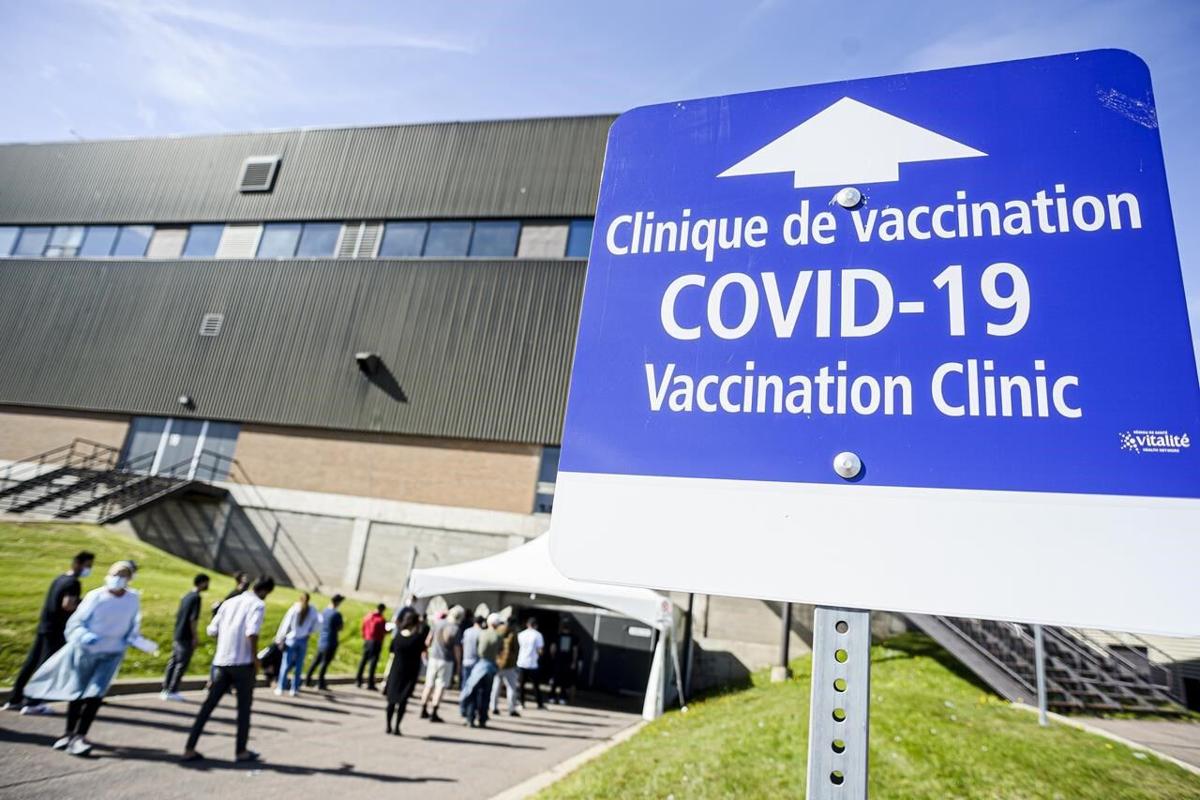In a concerning resurgence, COVID-19 has once again become the primary concern, prompting renewed attention and preventive measures in an ongoing battle against the virus.

According to the latest figures released by the province, COVID-19 has resulted in the unfortunate loss of at least four more individuals from New Brunswick after a total death of 18 was recorded last week Tuesday since the respiratory season began on Aug. 27, while 425 have been hospitalized, 25 of whom required intensive care, according to Tuesday’s Respiratory Watch report.
The province currently only considers confirmed COVID cases resulting in hospital deaths. The latest recorded deaths bring the total toll of the pandemic to 953. In the past week, there were 58 individuals hospitalized for or with COVID-19, with one person in intensive care. This is compared to the previous week’s 57 admissions, where two people required intensive care. The hospitalized individuals consist of one person aged 20 to 44, eight people aged 45 to 64, and 49 individuals aged 65 or older.
A total of fourteen lab-confirmed COVID outbreaks were declared, which is the same as the previous week. Among these outbreaks, three are in nursing homes, while the rest are in various other facilities. Since August 27, a total of 107 outbreaks have been confirmed in the respiratory illness season.

Dr. Jennifer Russell, who previously held the position of New Brunswick’s chief medical officer of health during the height of the COVID-19 pandemic, appeared before the public accounts committee on Thursday morning last week to address inquiries regarding her response to the pandemic. Having recently announced her resignation from the chief medical officer role, Russell has been noticeably unavailable for media interviews in recent months, despite having regular press conferences throughout 2020 and 2021.
Liberal MLA Robert McKee raised this concern during the committee’s questioning, asking about Russell’s position within the organizational structure, to which she identified the deputy minister of health. McKee also posed questions about the discontinuation of public health updates after the mandate was lifted. Russell explained that media responses needed to correspond with the level of risk, underscoring the fact that all inquiries were addressed and information was provided.
Green Party MLA Megan Mitton inquired about Russell’s ability to express her opinions without fearing any consequences. Russell confirmed that as a civil servant responsible for advising the government, she does have the freedom to speak. Russell shared her struggles faced during the pandemic, including facing negative remarks and the installation of a security system due to safety concerns.
She also talked about the constant pressure of media scrutiny and criticism, which has had an impact on her family. Regarding a public inquiry into the pandemic response, Russell stated that she will wait for the Auditor General’s next report in December before taking a stance. Following the meeting, McKee expressed disappointment with Russell’s answers, describing them as evasive and leaving several questions unanswered.
Russell, in addition, disclosed personal challenges, including a divorce, a car accident in the year 2022, recovering three months ago, and a recent diagnosis of colitis. Furthermore, she declared her new position as the executive director of a projected institute of population health at the University of New Brunswick, with her final day as the chief medical officer of health scheduled for December 8.
However, the updated Pfizer-BioNTech COVID-19 vaccines are currently accessible to individuals aged 12 and older residing in New Brunswick, while doses for younger children are anticipated to be available next week. As of October 16, approximately 22,000 individuals have received Moderna’s updated vaccine. Both Pfizer and Moderna vaccines are designed to target the Omicron subvariant XBB.1.5, thereby providing robust protection against different strains.
The demand for vaccines is significant, as indicated by New Brunswick’s highest COVID-19 hazard index in Canada. It is important to note that the vaccines are interchangeable, and it is advised by pharmacists to receive the first available one. Health Canada has approved Moderna and Pfizer’s updated vaccines for individuals six months and older. Appointments can be scheduled online or through participating pharmacies.


